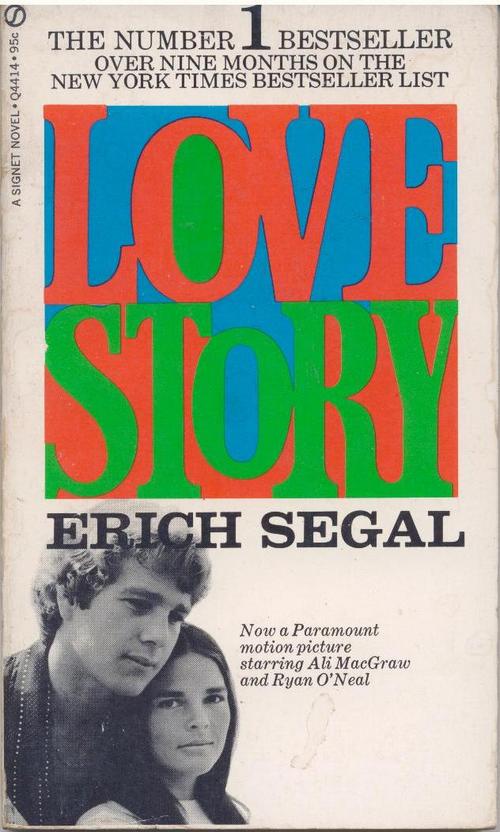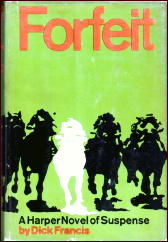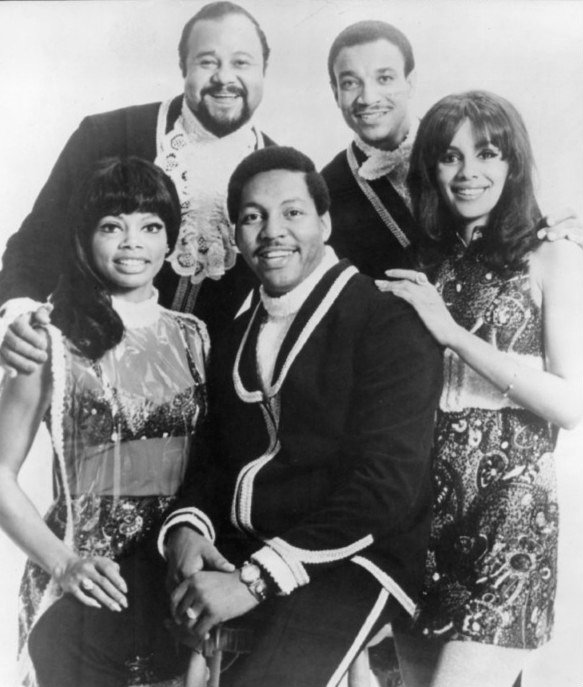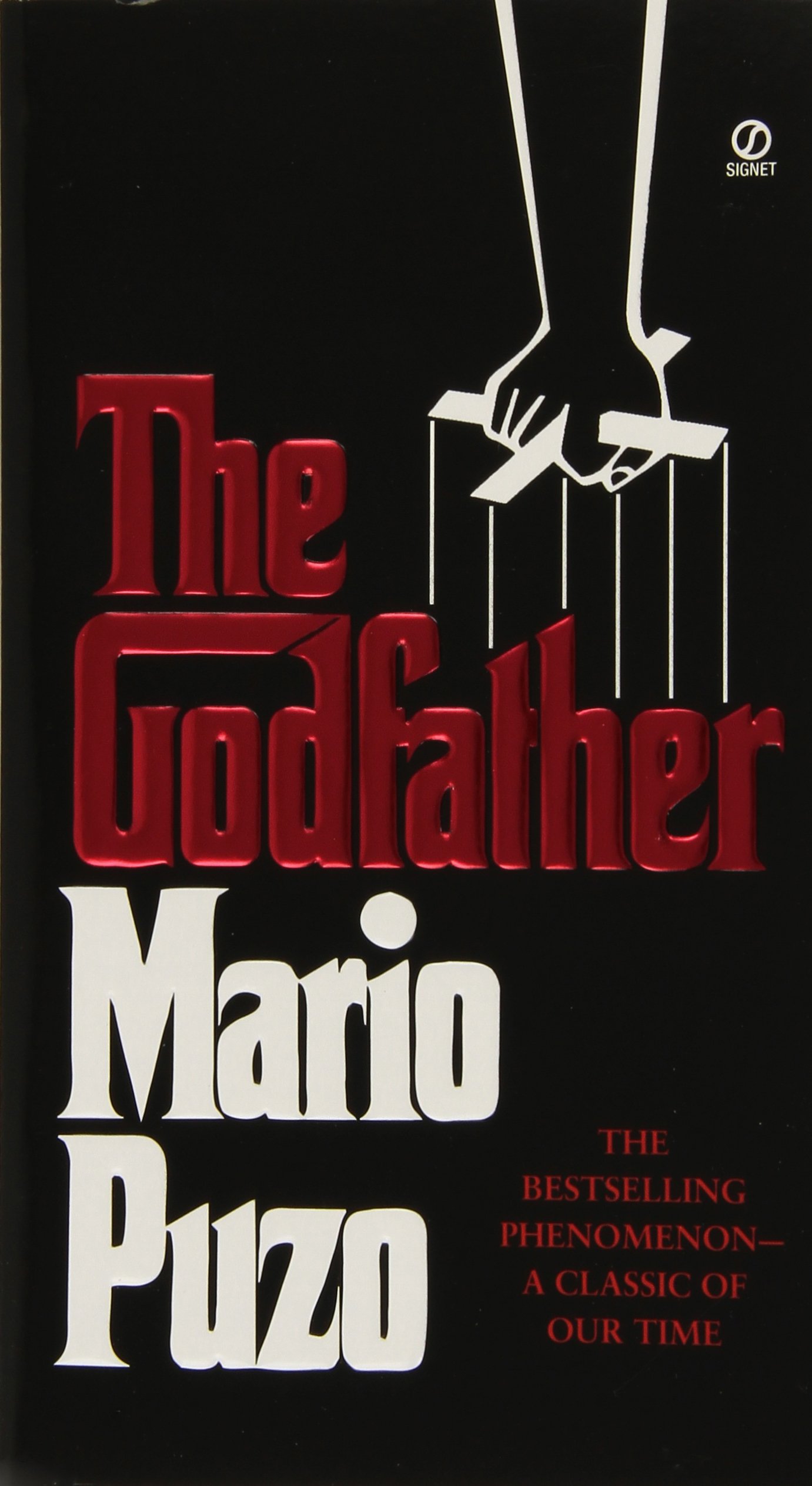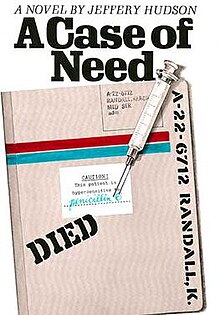 |
| The new living room |
 |
| The old living room with carpeting |
 |
| Into the dining room |
 |
| Dining -room pre-new floors |
 |
| The front hallway and a lazy dog |
Great Historical Events
I finished my last excerpt with the capture of Capt. Kidd in 1699. My next excerpts start with 1700.
"1700. Lead mines discovered by Le Suer, a French explorer, at Dubuque, Iowa.
1701. Detroit, Mich., founded by the French.
1703. Duty of 4 pds sterling laid on imported negroes in Massachusetts.
An Indian war, instigated by the Spaniards, was prosecuted with great violence in South Carolina. But Gov. Moore speedily suppressed it, and the enemy surrendered and submitted to English rule. The colonies lost 800 men.
Fourteen hundred Indians were colonized in Georgia. (Ed. Note. Wondering what 'colonized' actually meant?)
1704. Maryland passed an act to 'prevent the growth of Popery.'
First newspaper (Boston News-Letter) published at Boston by Bartholomew Green.
Catholics persecuted by Protestants in Maryland. (Ed. Note. This is one constant throughout history, one religion persecuting another. It hasn't changed much today.)
Massacre in Massachusetts
French and Indian Massacre at Deerfield, Mass. They burned the village and killed 47 persons, taking 112 captive, among them many women and young children, who were compelled to march through dense forests and over deep snows to Canada, many perishing by the way."
We'll leave it on the depressing note and move Business Laws.
Business Laws Briefly Stated
This section deals with business laws in practice at the time of the publishing of this book. Let's see what they have in my 2nd excerpt.
"An agreement without consideration is void.
An oral agreement must be proved by evidence. A written agreement proves itself. The law prefers written to oral evidence because of its precision.
Written instruments are to be construed and interpreted by the law according to the simple, customary and natural meaning of words used. (Ed. Note. I wonder if the Oxford apostrophe was in place at this time.)
No evidence can be introduced to contradict or vary a written contract, but it may be received in order to explain it when such evidence is needed.
A note made on Sunday is void. (Ed. Note. Hence that important business song, 'Never on a Sunday.')
A note by a minor is voidable."
OK, I'll stop there. I'm sure you have been astounded at these business rules, eh? Now on to the important stuff..
The Birth Day Thing - 10 November 1971
US Billboard #1 Single, 10 November 1971
Gypsys, Tramps & Thieves by Cher. OK, I admit it, I had a deep crush on Cher at this time. She had such fantastic hair, when she just left it long and straight. I loved Gypsys, Tramps and Thieves, even had the album. She got her start with hubby, Sonny Bono. They had a great TV variety show, both funny and with great music. Then she followed up with a successful solo career in both music and movies. Gypsys was her first US and Canadian #1 single.
UK #1 Single, 10 November 1971
Reason to Believe / Maggie May by Rod Stewart. English singer, Rod Stewart, got his start with The Dimensions, Steampacket and the Faces but he's since had a great solo career. His first UK solo #1 was Maggie May. Reason to Believe was actually the A - side but it reached only 62nd place. Maggie May was a song we always played at our university Residence parties. It was a great polka dance. :)
New York Times #1 Fiction Best Seller, 10 November 1971
Wheels by Arthur Hailey. I read almost everything by British - Canadian writer, Hailey, back those days. He wrote such neat stories on various aspects of life; Airport, The Final Diagnosis, Flight into Danger, Hotel and In High Places, amongst others.
Wheels, of course, was focused on the automobile industry. The auto company on which the story was loosely based was Ford. The story deals with race relations, unions, corporate politics and business ethics (an oxymoron if I've ever heard one).
It was also turned into a TV mini-series starring Rock Hudson, Lee Remick, Ralph Bellamy, Blair Brown and so many excellent actors.
Pulitzer Prize Winner, 1971. Three books were put forward for consideration; Losing Battles by Eudora Welty, Mr. Sammler's Planet by Saul Bellow and The Wheel of Love by Joyce Carol Oates. Ultimately none was selected.
Nobel Prize Laureate for Fiction, 1971
Pablo Neruda (Chile). Pablo Neruda was a Chilean poet - diplomat who lived from 1904 - 1973. He was awarded the Nobel Prize 'for a poetry that with the action of an elemental force brings alive a continent's destiny and dreams'.
Hugo Award Winner - 1971
Ringworld by Larry Niven. It's been ages but I'm sure I read Ringworld, one of Niven's Known Space books. He also wrote 4 prequels and 4 sequels.
I also read Lucifer's Hammer and Footfall, two books he wrote with Jerry Pournelle; both excellent stories.
The synopsis for Ringworld is -
"Pierson's puppeteers, three-leg two-head aliens find immense structure in unexplored part of the universe. Frightened of meeting the builders, they send a team of two humans, a puppeteer and a kzin, eight-foot red-fur catlike alien. Ringworld is 180 million miles across, sun at centre. But the expedition crashes, and crew face disastrously long trek."
Edgar Award Winner - 1971
The Laughing Policeman by Maj Sjowall & Per Wahloo.
The Laughing Policeman is the4th of 10 novels by Swedish writers, Sjowall and Wahloo, featuring Detective Martin Beck. The movie, starring Walter Matthau, was loosely based on the book.
I have read the first book in this series, Roseanna, and enjoyed it very much. I currently have The Man Who Went up in Smoke and The Abominable Snowman on my list to read.
This is the synopsis of The Laughing Policeman -
"On a cold and rainy Stockholm night, nine bus riders are gunned down by a mysterious assassin. The press portrays it as a freak attack and dubs the killer a madman. But Superintendent Martin Beck thinks otherwise—one of his most ambitious young detectives was among those killed—and he suspects it was more than coincidence. Working on a hunch, Beck seeks out the girlfriend of the murdered detective, and with her help Beck reconstructs the steps that led to his murder. The police comb the country for the killer, only to find that this attack may be connected to a case that has been unsolved for years.
Man Booker Award Winner - 1971
In a Free State by V.S. Naipaul. I have read two books by Naipaul; A House for Mr. Biswas (which was okay) and The Mimic Men (which I didn't enjoy). I still have The Mystic Masseur on my bookshelf, mainly because it was turned into a movie. After Mimic Men, I kind of lost interest in exploring any more books by Naipaul.
This is the synopsis of his Booker Award winner -
"In the beginning it is just a car trip through Africa. Two English people--Bobby, a civil servant with a guilty appetite for African boys, and Linda, a supercilious compound wife -- are driving back to their enclave after a stay in the capital. But in between lies the landscape of an unnamed country whose squalor and ethnic bloodletting suggest Idi Amin's Uganda. And the farther Naipaul's protagonists travel into it, the more they find themselves crossing the line that separates privileged outsiders from horrified victims. Alongside this Conradian tour de force are four incisive portraits of men seeking liberation far from home. By turns funny and terrifying, sorrowful and unsparing, In A Free State is Naipaul at his best.
So there you go. Interested in any of these books? I'm off to walk the dogs and then probably begin today's painting. Have a great Sunday!





.jpg/220px-Ringworld(1stEd).jpg)





















